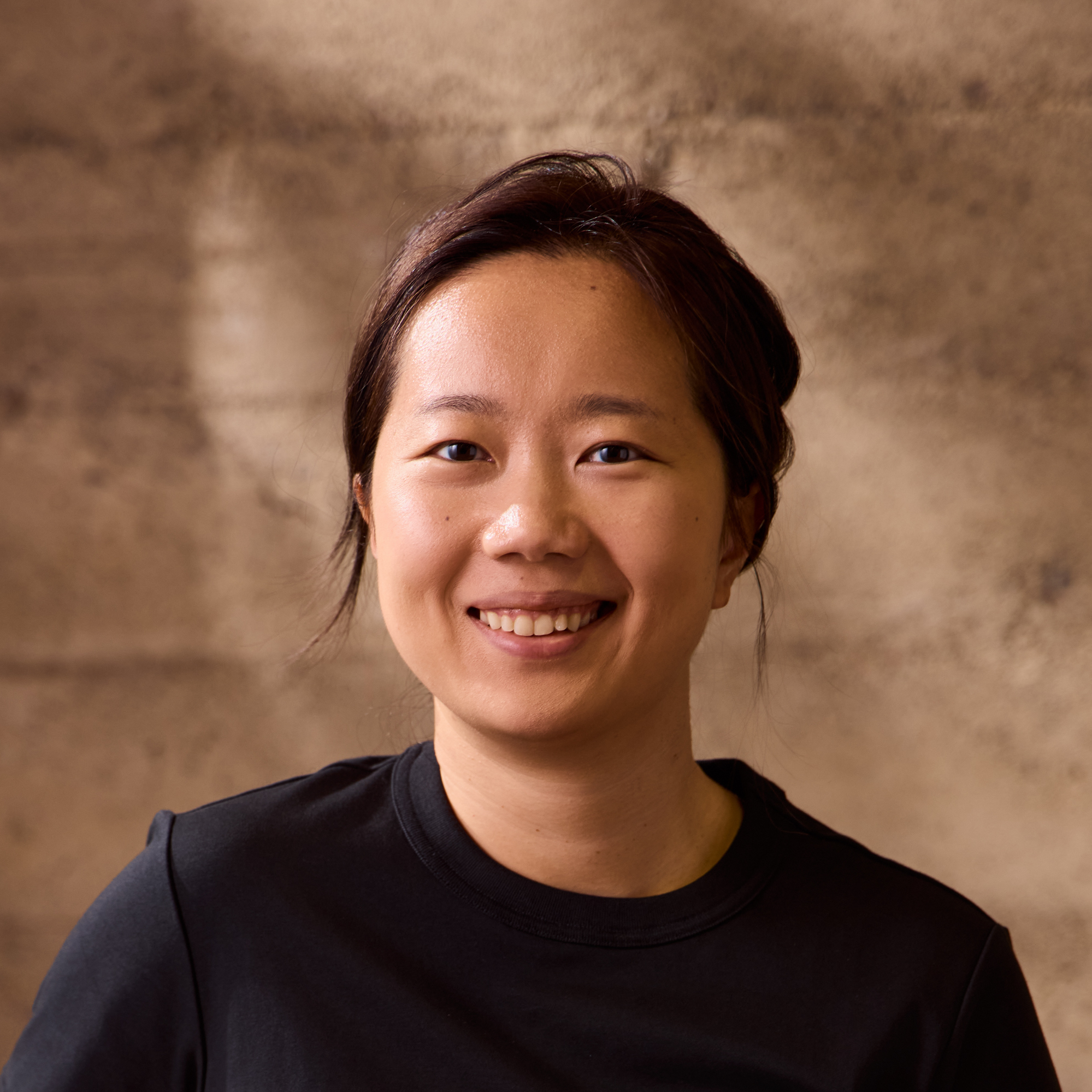|
researcher / engineer / artist I am currently a member of technical staff at World Labs. Before that, I was a research scientist at Epic Games, where I worked on a pipeline from capture to reconstruction and rendering of high quality neural assets. Before that, I earned my PhD from Carnegie Mellon University, advised by Aswin Sankaranarayanan. Prior to Ph.D., I completed my M.S. in Computer Vision from Carnegie Mellon University in 2016, and B.S. in Computer Science from Rice University in 2015. I also had the opportunity to intern at Google Daydream in 2018 and Apple Special Project Group in 2016. My research interests include
|
|
During my Ph.D., I worked on camera designs that can significantly minimize their size and bulk -- cameras without lenses. I developed both novel hardware and their reconstruction algorithms to enhance the speed and quality of 3D lensless imaging. |
 
|
Yi Hua, Christoph Lassner, Carsten Stoll, Iain Matthews CVPR CCD workshop, 2024 paper / poster Sampling multiple rays per pixel in NeRF realistically simulates camera optics and is surprisingly fast. |
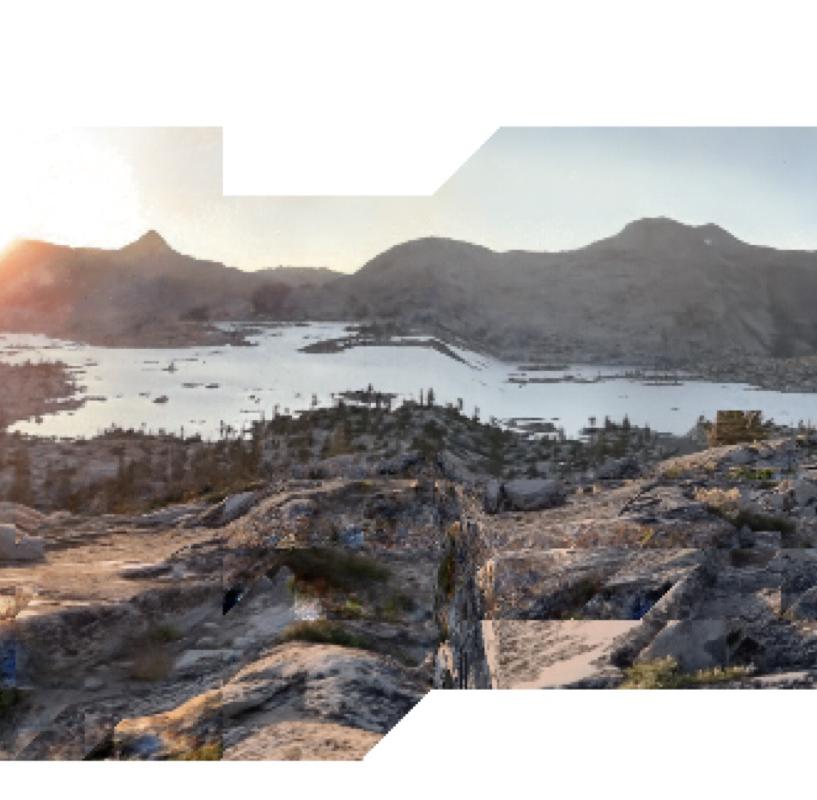 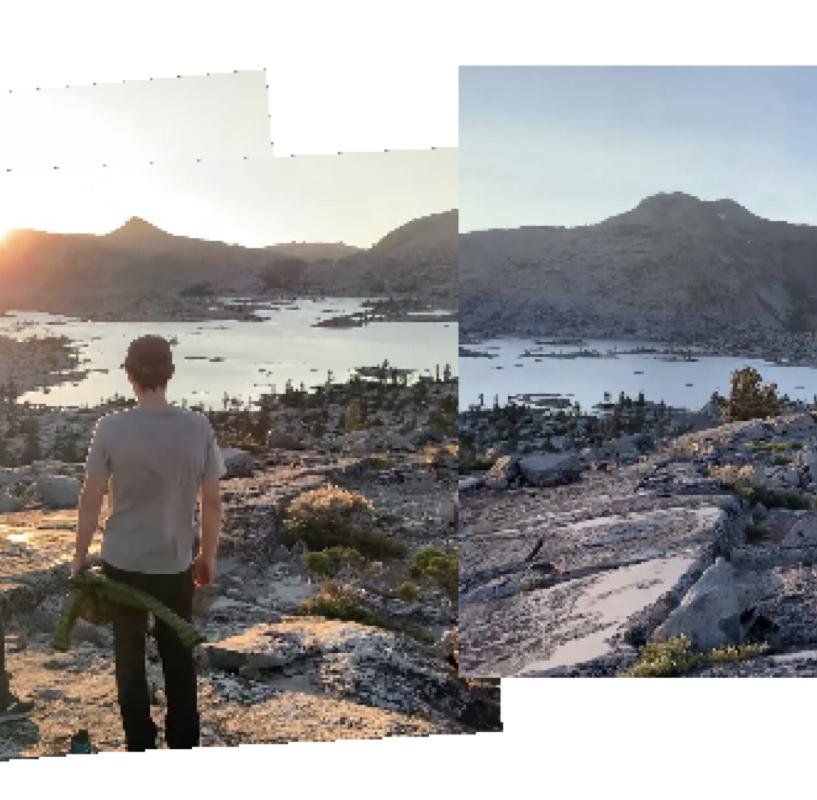
|
Yi Hua ICCP poster, 2023 poster Natural looking multi-perspective photos from rendering NeRF with general linear cameras. |
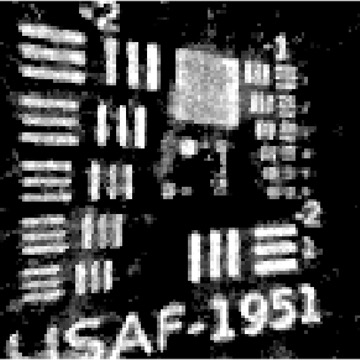 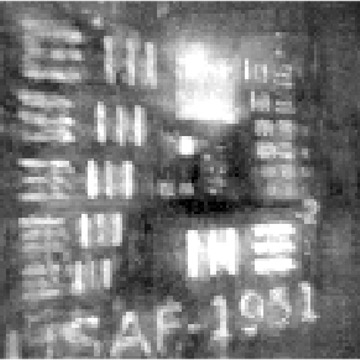
|
Yi Hua, M. Salman Asif, Aswin C. Sankaranarayanan Optics Express, 2022 paper / video The first theoretical study that characterizes the achievable spatio-axial resolution of a lensless camera. |
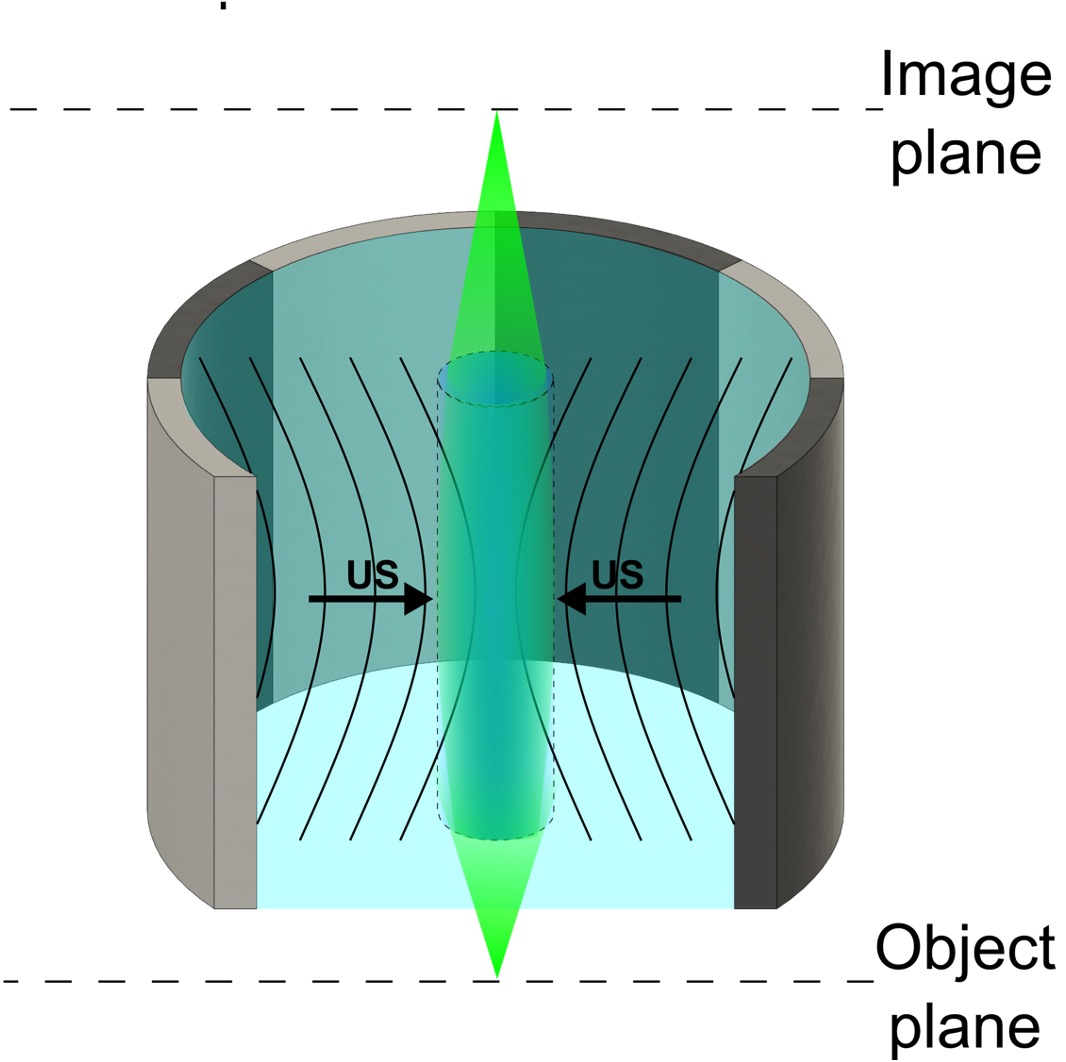 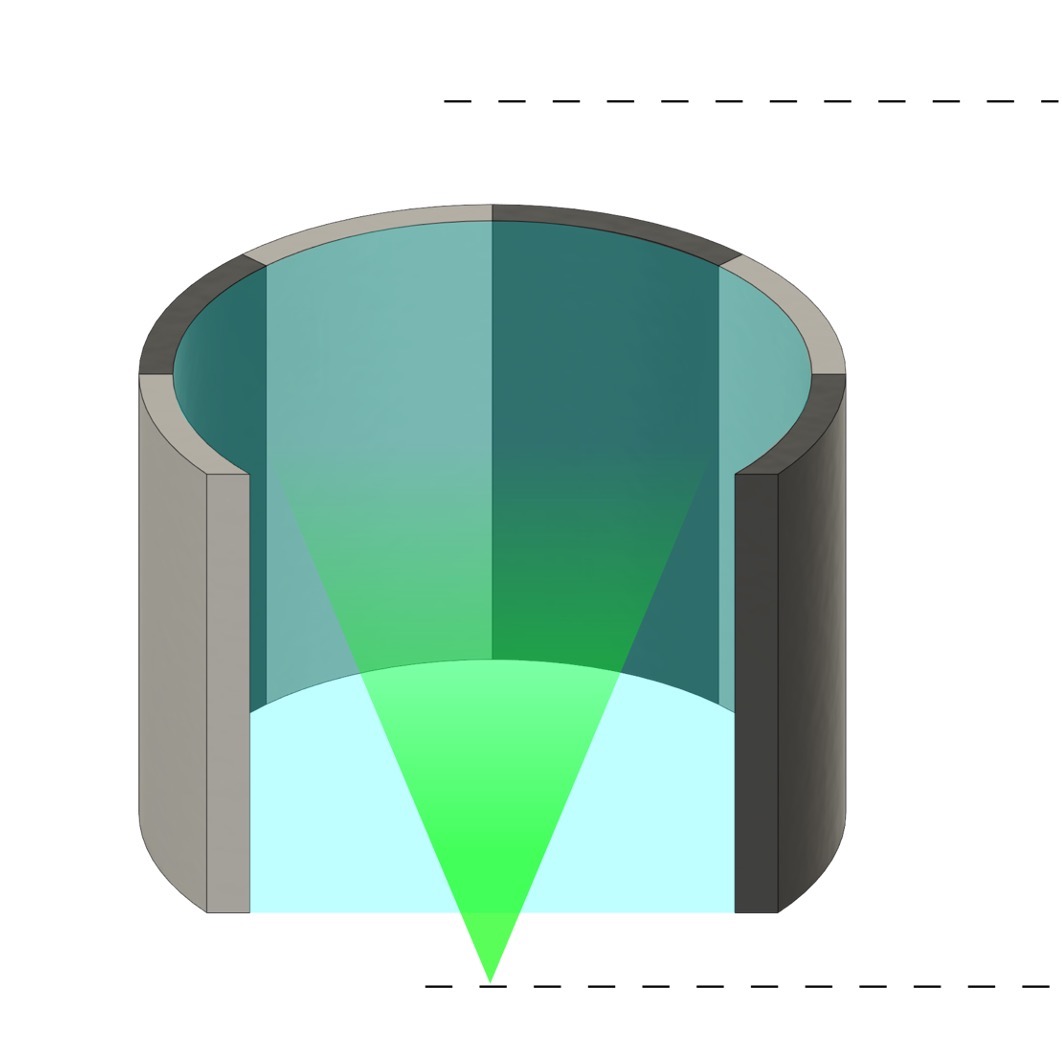
|
Hossein Baktash, Yash Belhe, Matteo G. Scopelliti, Yi Hua, Aswin C. Sankaranarayanan, Maysamreza Chamanzar ICCP, 2022 Ultrasonically-sculpted waveguides can be used as a virtual lens to guide and focus light in transparent and scattering media. However, the images formed by such lenses are subject to a large amount of spatially-varying blur. We propose two computational deblur techinques: one straigh-forward approach using mode 0 measurements, and another more efficient approach based on Radon transform and mode 2 measurements. The computationally deblured images reveals more details from the scene behind scattering media. |
 
|
Yucheng Zheng, Yi Hua, Aswin C. Sankaranarayanan, M. Salman Asif ICCV, 2021 A fast reconstruction algorithm for 3D lensless imaging that utilizes structures in the frequency domain; as a result we can learn mask designs that optimize 3D lensless imaging. |
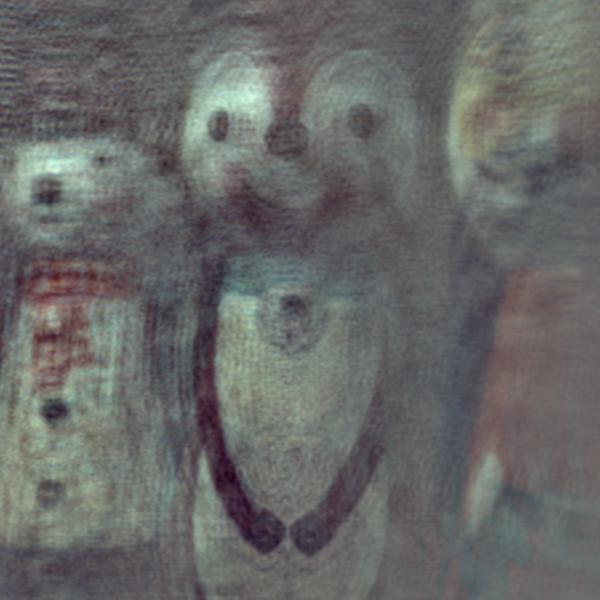
|
Yi Hua, Shigeki Nakamura, M. Salman Asif, Aswin C. Sankaranarayanan TPAMI/ICCP, 2020 paper / video / supp Recovering images from lensless measurements are challenging because the per-pixel depth of the scene needs to be correctly identified to avoid artifacts in the reconstruction. We introduce computational focusing on lensless measurements so that we can reconstruct one depth slice of the scene at a time, and improve the speed as well as the quality of reconstruction. |
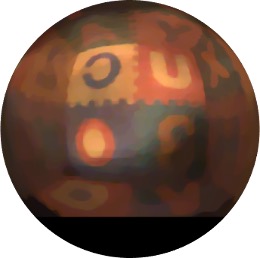 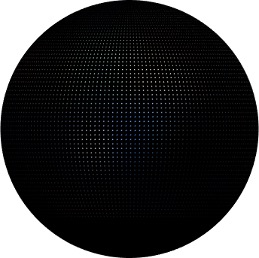
|
Yi Hua, Yongyi Zhao, Aswin C. Sankaranarayanan paper / video Instead of a planar sensor with a rigidly attached modulation element, we propose a lensless imager on a spherical surface, where all pixels share the same angular response profile. The implications of our design is that lensless imaging can be enabled for curved and flexible surfaces, thereby opening up a new set of application domains. |
|
|
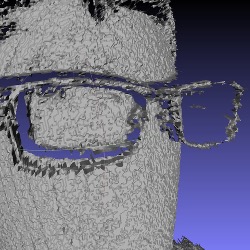 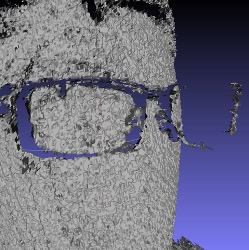
|
in collaboration with Supreeth Achar at Google Daydream, 2018 Trained a network for cross-spectral (RGB-infared) feature matching for trinocular stereo to improve high-resolution depth estimation of specular objects. |
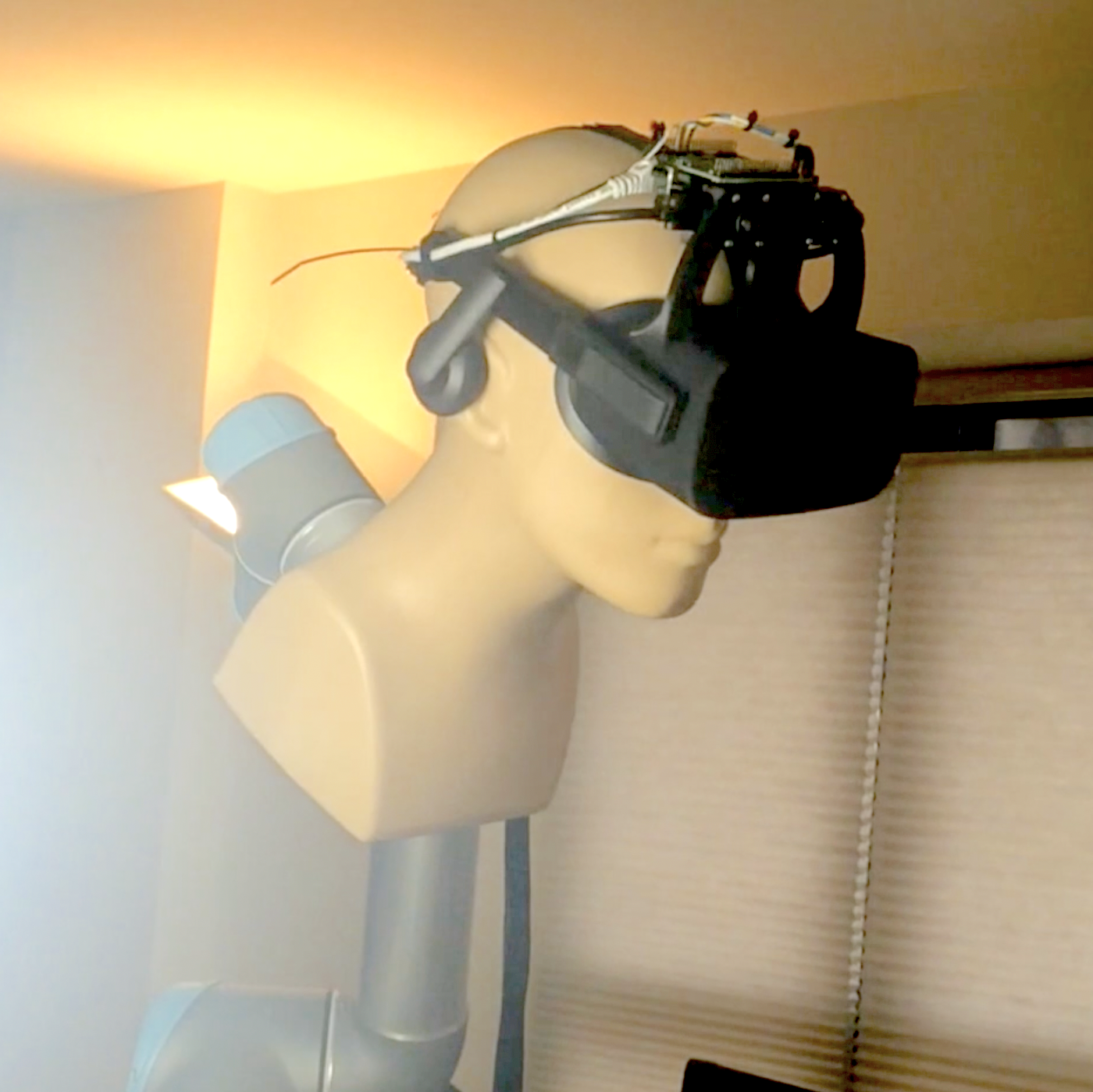
|
in collaboration with Eric Huang, Dawei Wang, Michal Perdoch, Hernan Badino, Simon Lucey at Meta Reality Lab Research (formerly Occulus Research), 2016 Automatic calibration system with robot arm for camera to IMU calibration & platform for comparing headset pose estimation from different sources. |
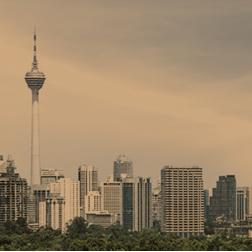 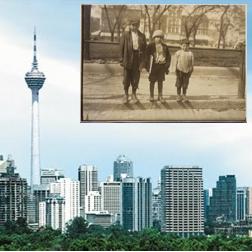
|
in collaboration with Zhifan Li, Yoko Hongyu Li, Cecilia Zhang at Hack Rice, 2015 People's Choice Award An app that let you ”peel” a color filter from any photo of your choice and apply it to your photo |
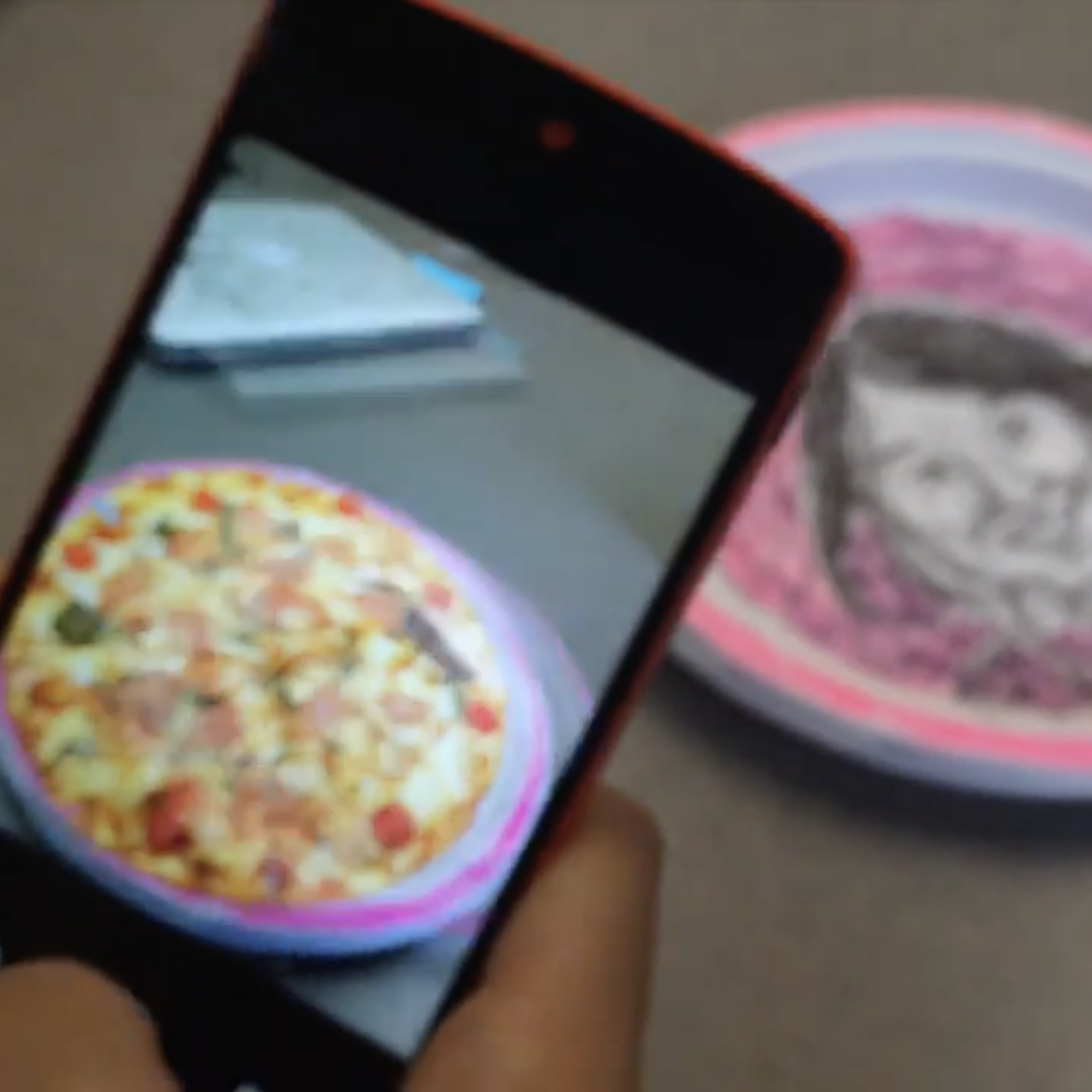
|
in collaboration with Cecilia Zhang 2015 video / code An android AR menu app that augments empty plates with food. |
|
|
|
|
|
|
|
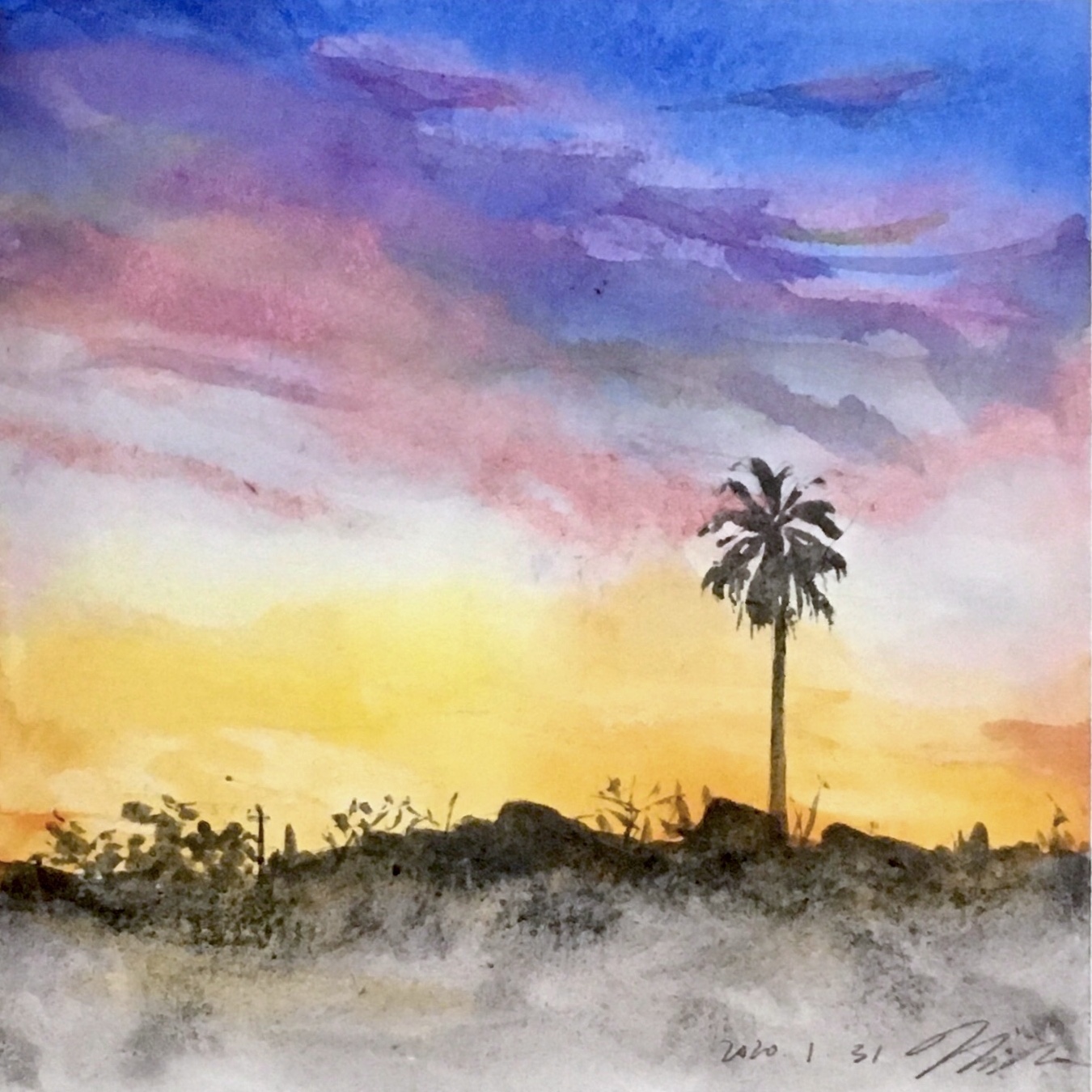
|
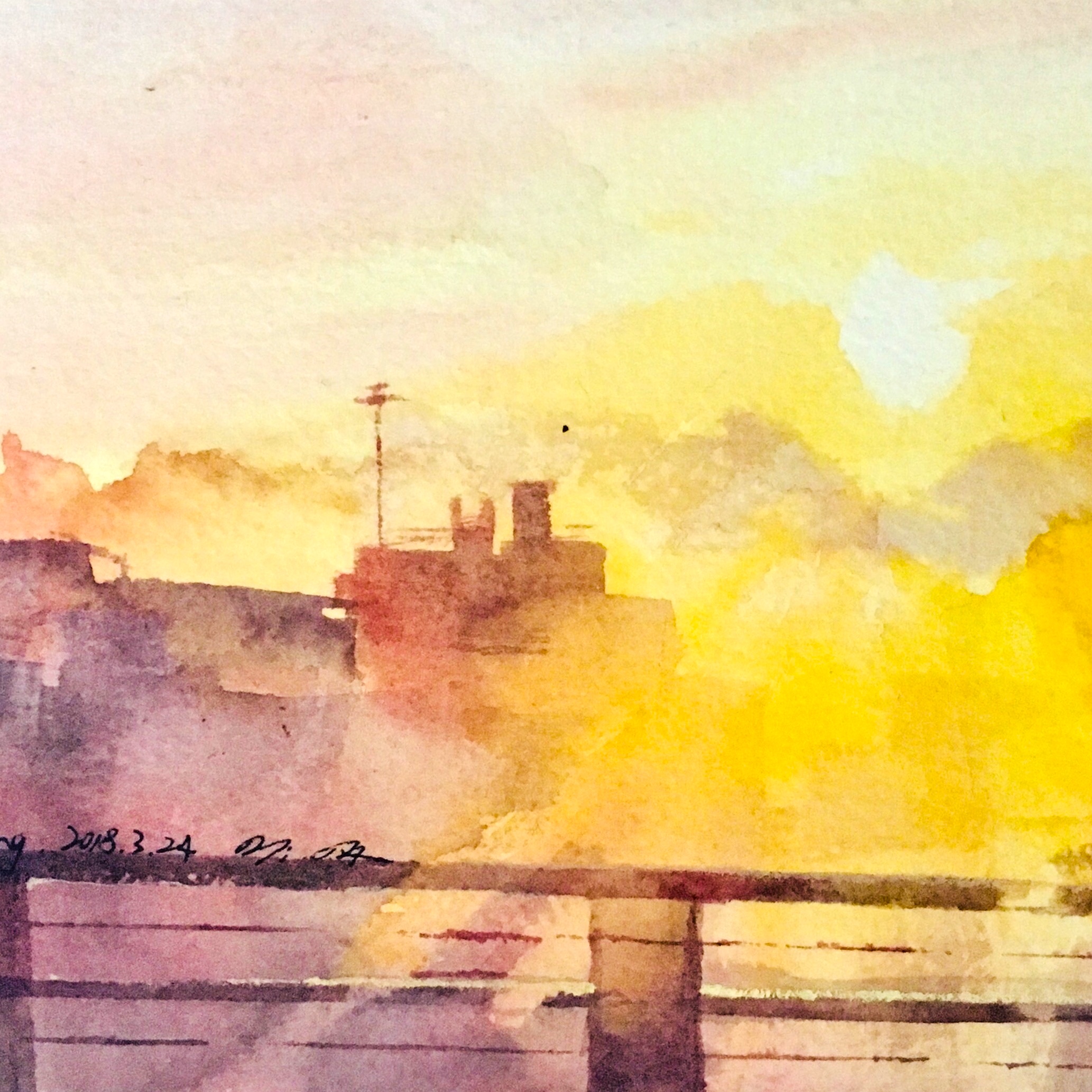
|
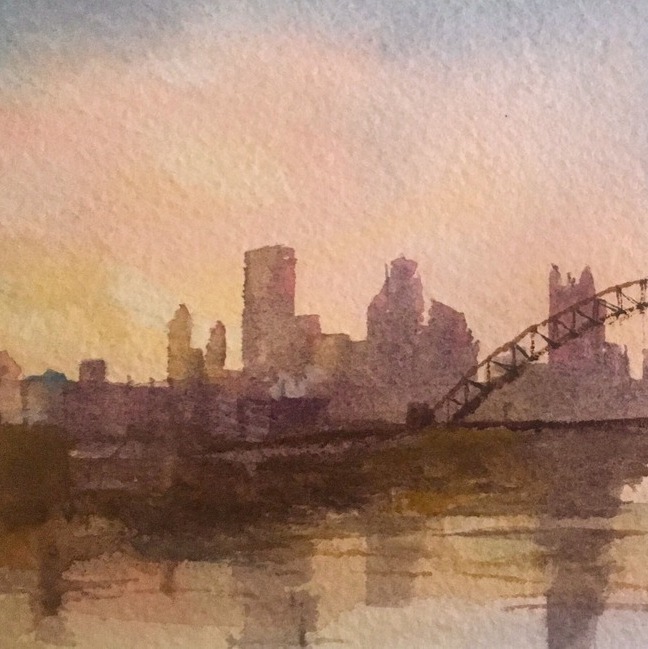
|
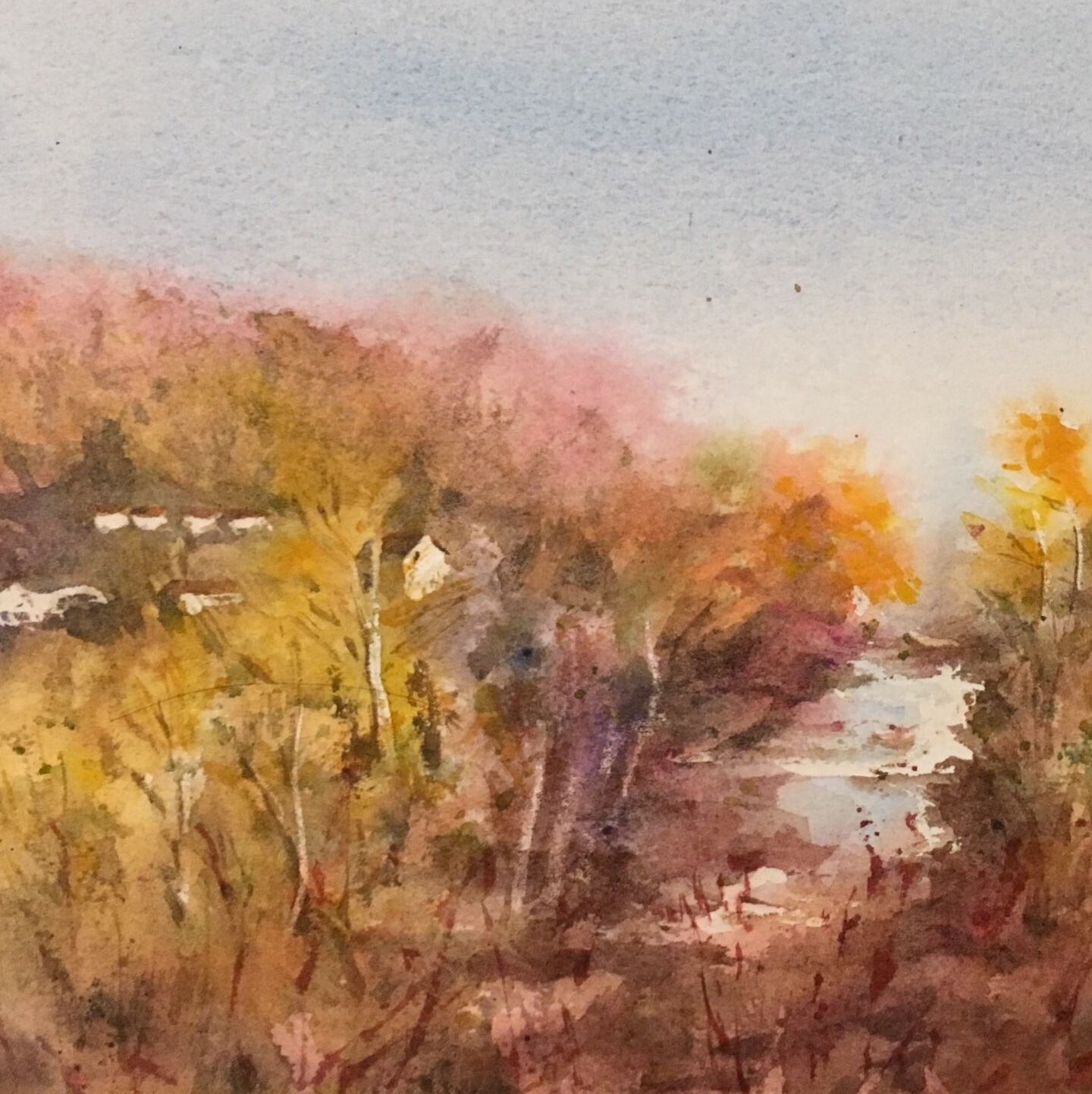
|
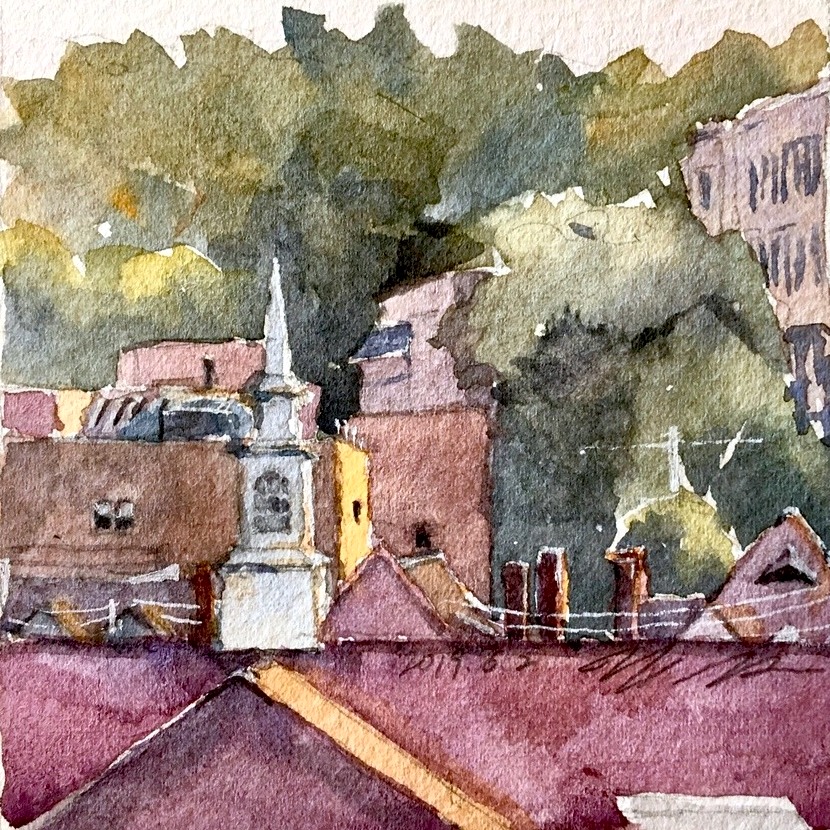
|
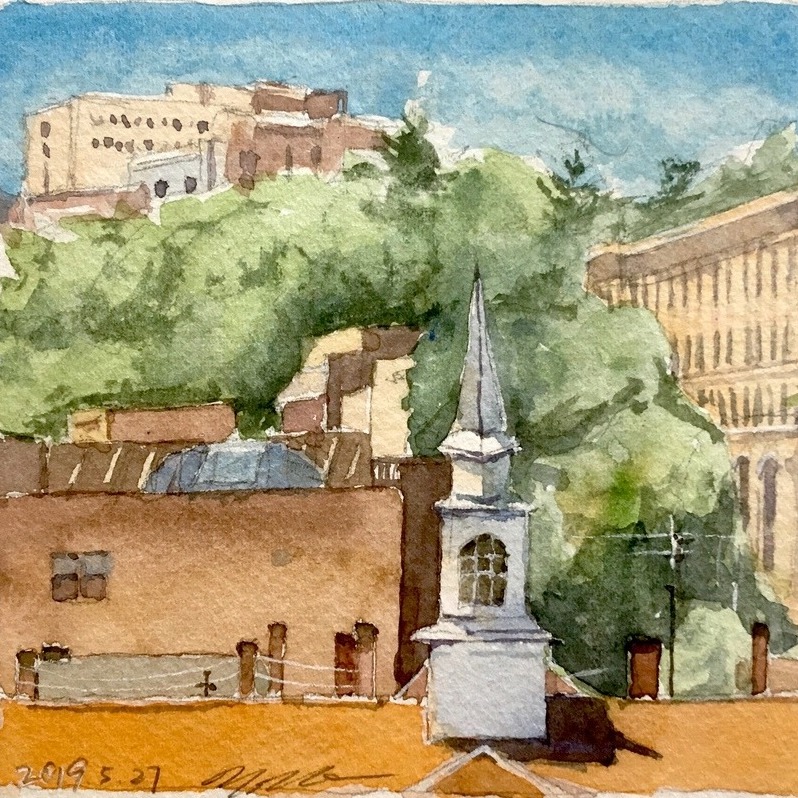
|
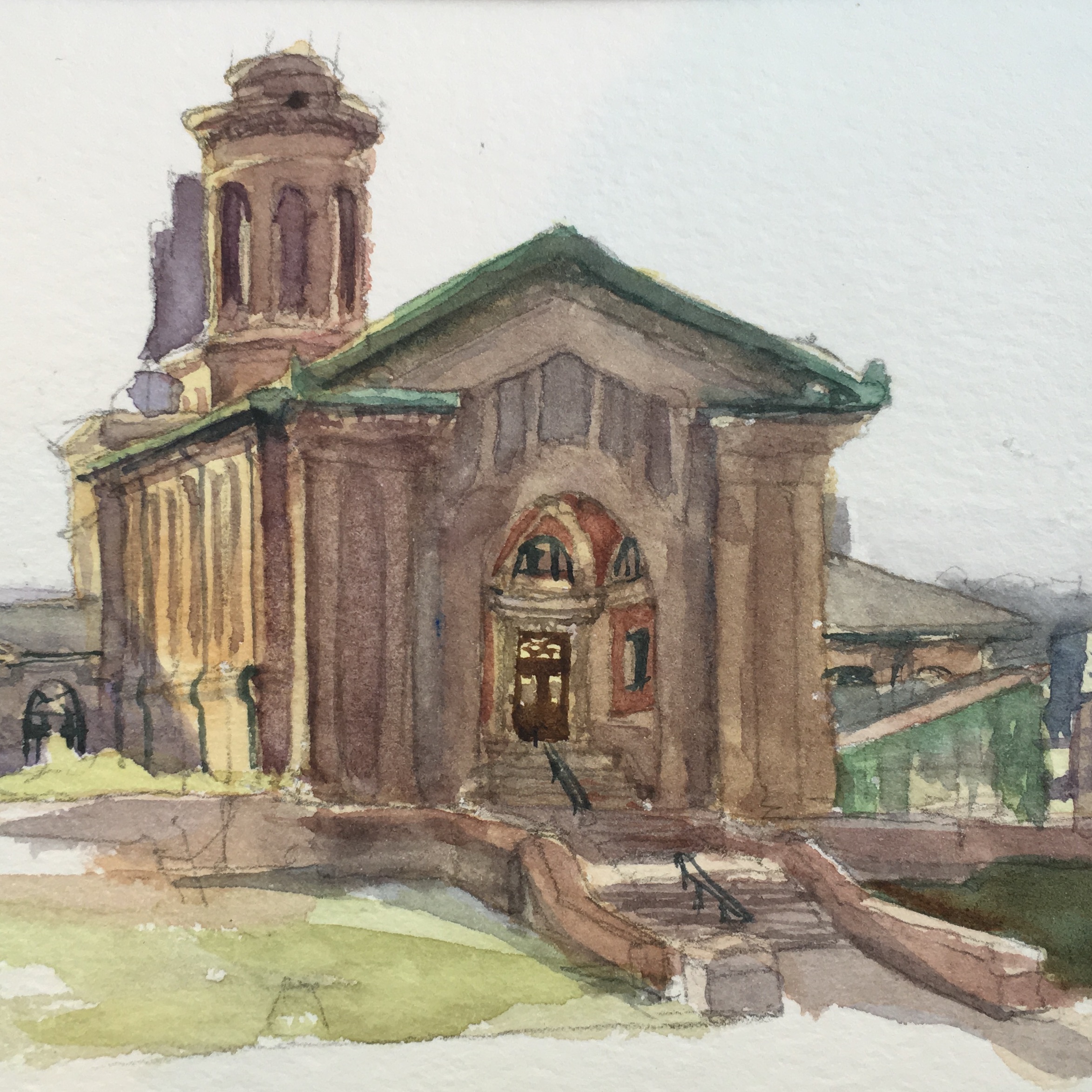
|
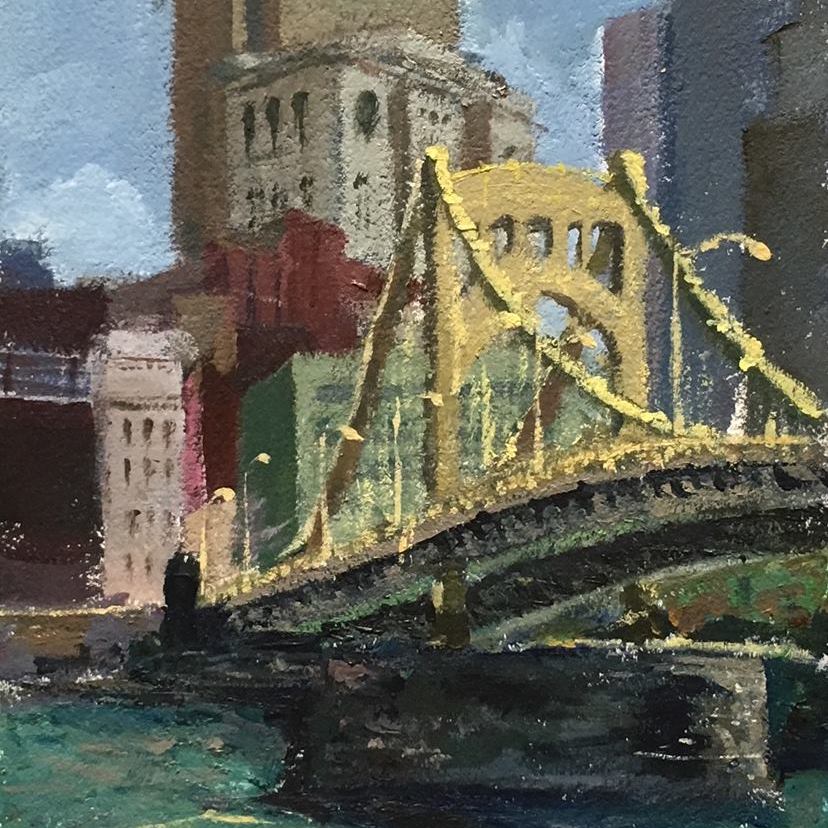
|
|
This website was adapted from source code. |
